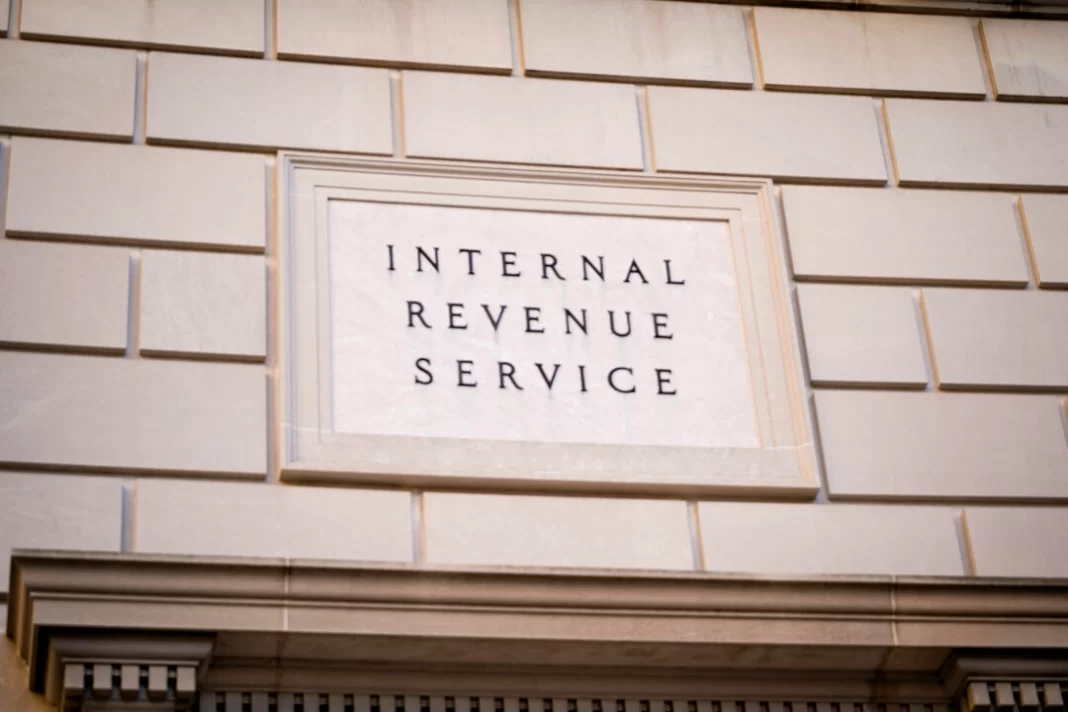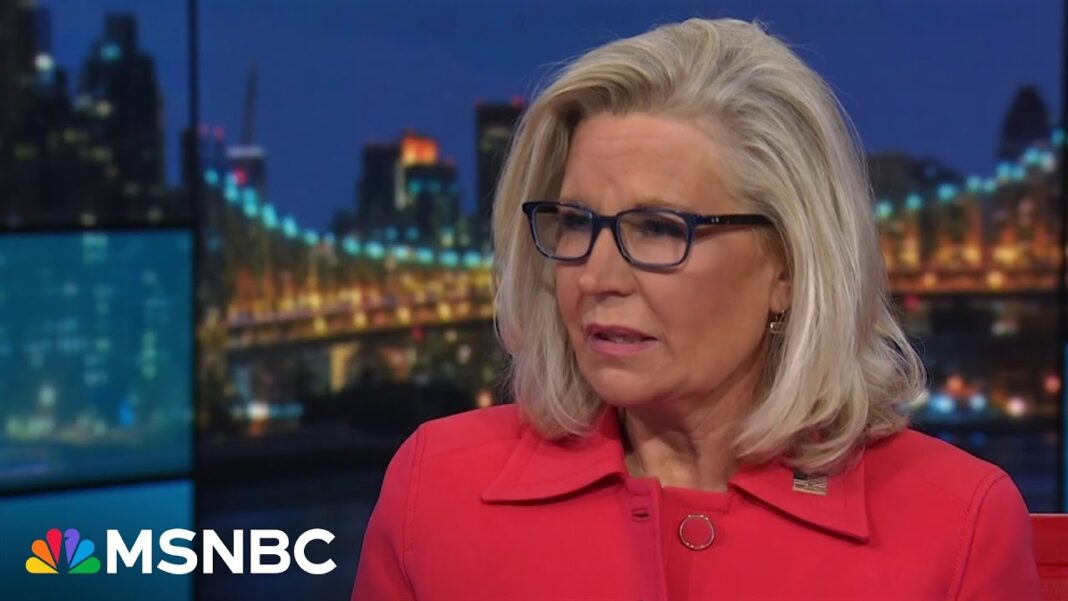
The IRS is seeking public input on the plans for taxpayer-funded matching contributions of up to $1,000 per year, before the 2027 rollout.
The Internal Revenue Service (IRS) and the Treasury are preparing to launch a new program aimed at boosting the retirement savings of low and moderate-income Americans by offering taxpayer-funded matching contributions of up to $1,000 annually, deposited directly into their retirement accounts.
The Saver’s Match, introduced as part of the SECURE 2.0 Act, will replace the current Saver’s Credit. Unlike the nonrefundable Saver’s Credit, which only reduces taxes owed, the Saver’s Match offers up to $1,000 in direct contributions to a taxpayer’s retirement account.
The IRS expects this shift to provide greater benefits, particularly for those with little to no tax liability, by enhancing their retirement savings rather than just lowering their taxes.
The agencies are seeking public input on how best to implement the Saver’s Match program, set to launch in 2027. They are particularly focused on simplifying the process for claiming the matching contribution and ensuring that retirement plans and individual retirement accounts (IRAs) can easily accept the contributions, according to a Sept. 5 IRS press release.
“Saver’s Match contributions represent a new approach to promoting retirement savings and an important opportunity to improve the long-term financial security for millions of low- to moderate-income Americans,” the IRS said in a statement, emphasizing the need for public input to ensure that the program meets its full potential.
Key priorities for the IRS and Treasury include determining the most effective way to establish eligibility and distribute contributions. They are also working to streamline the process for taxpayers to claim the matching contribution, particularly those who may not typically file federal tax returns due to low income.
The IRS is also evaluating how to ensure that retirement plans, including IRAs and employer-sponsored 401(k)s, can easily accept these taxpayer-funded contributions. Currently, participation by retirement plans is voluntary, which could limit the program’s reach. To address this, the agencies are considering options for incentivizing more plans to participate.
By Tom Ozimek






